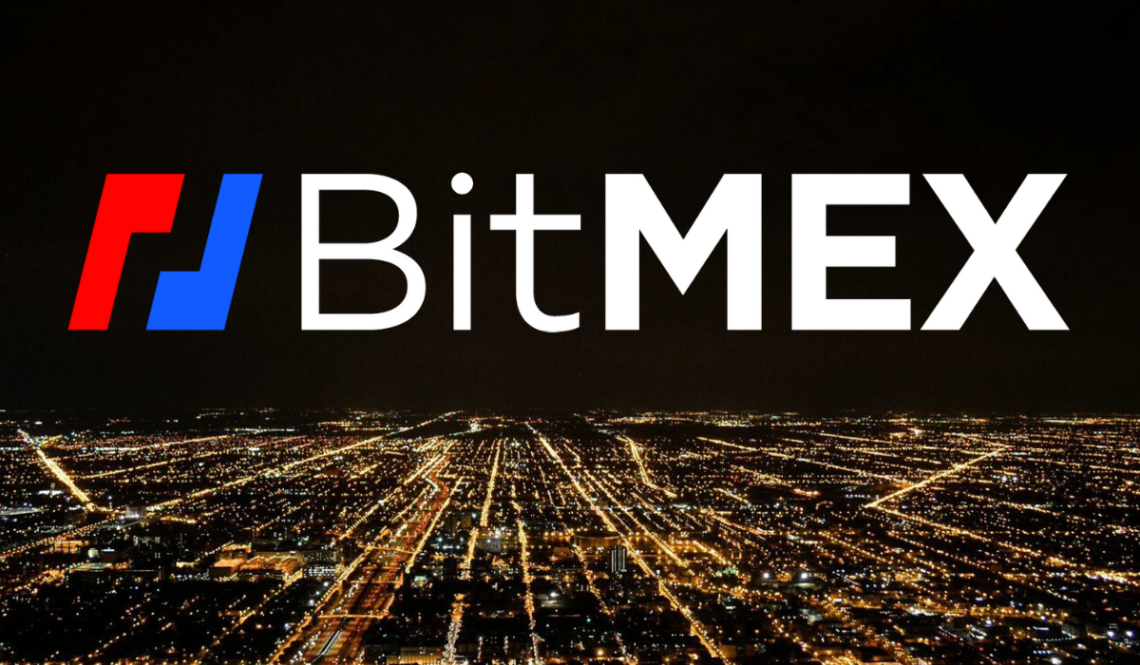- BitMEX has announced its response policy in response to the “flashcard” of XRP/USD trading on February 14 this year.
- BitMEX users are large in the United States, Japan, and Asia, but this is since BitMEX is not a registered company in the areas where such requests are received.
- BitMEX may also be seeing traders asking the CFTC to investigate them to find damage from a large flash crash.
The world’s largest cryptocurrency derivatives exchange, BitMEX, has announced its response policy in response to the “flashcard” of XRP/USD trading on February 14 this year. Some users who had forcibly closed (cleared) their positions, flooded claims. Voices of the pursuit of responsibility were growing.
According to BitMEX,
” the stop loss performed by some traders was conducted at the actual last trading price, not at the index price.” “As a result of the investigation, there was no problem with the system or the mechanism of stop-loss,” BitMEX added
In response to solutions such as compensating for the money, the company also issued a statement saying that it will not roll back transactions or refund in any case.
“If BitMEX is a U.S. registered exchange, at least the CFTC will work, but not in this case,” said a lawyer well known in the Cryptocurrency area. BitMEX users are large in the United States, Japan, and Asia, but this is since BitMEX is not a registered company in the areas where such requests are received.
There was, in fact, even a case where the CFTC investigated BitMEX in July 2019, but the findings have not been released yet.
But on the other hand, Kraken, which is a U.S. exchange that occasionally sees flash crashes due to circuit breaks, reports that they have received a large number of subpoenas and search requests from the FBI throughout 2019. BitMEX may also be seeing traders asking the CFTC to investigate them to find damage from a large flash crash.
But Jake, the lawyer has known in the crypto area said, BitMEX does not have a legal entity in the United States of America, will comply with the CFTC investigation request with no obligation at all. Derivative giant Deribit had suffered a -15% flash crash last November, was taking steps to roll back the deal, and compensate for the loss.
In a flash crash on May 6, 2010, which shook the U.S. stock market, the S & P 500, Dow Jones, and Nasdaq Composite Indexes fell hard at 9% (about $ 1,000) in minutes. Five years later, the U.S. Department of Justice arrested British Navinder Singh Sarao, suspected of maneuvering a market and intentionally causing a flash crash in 2015.

With a background in journalism, Ritika Sharma has worked with many reputed media firms focusing on general news such as politics and crime. She joined The Coin Republic as a reporter for crypto, and found a great passion for cryptocurrency, Web3, NFTs and other digital assets. She spends a lot of time researching and delving deeper into these concepts around the clock, and is a strong advocate for women in STEM.


 Home
Home News
News










